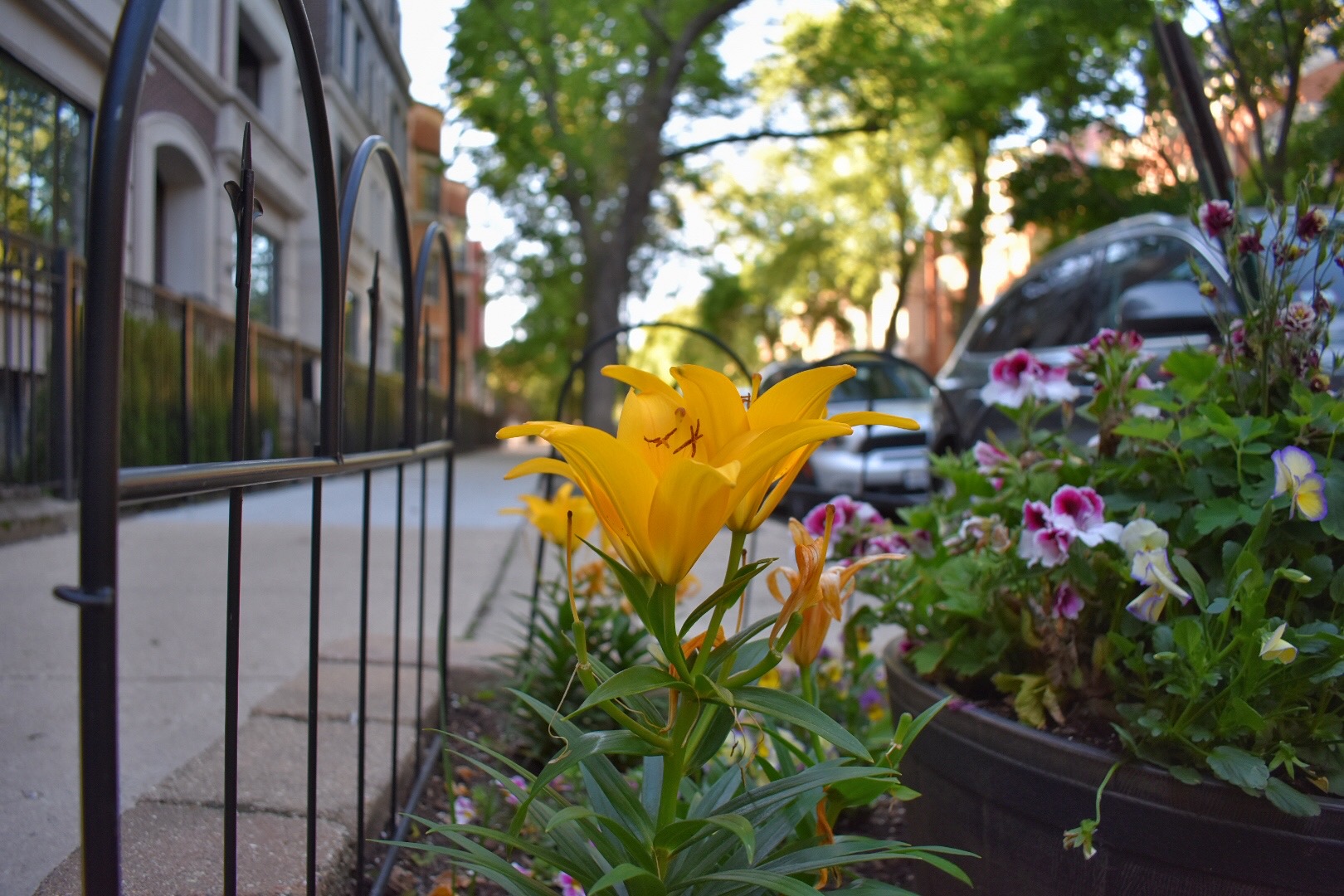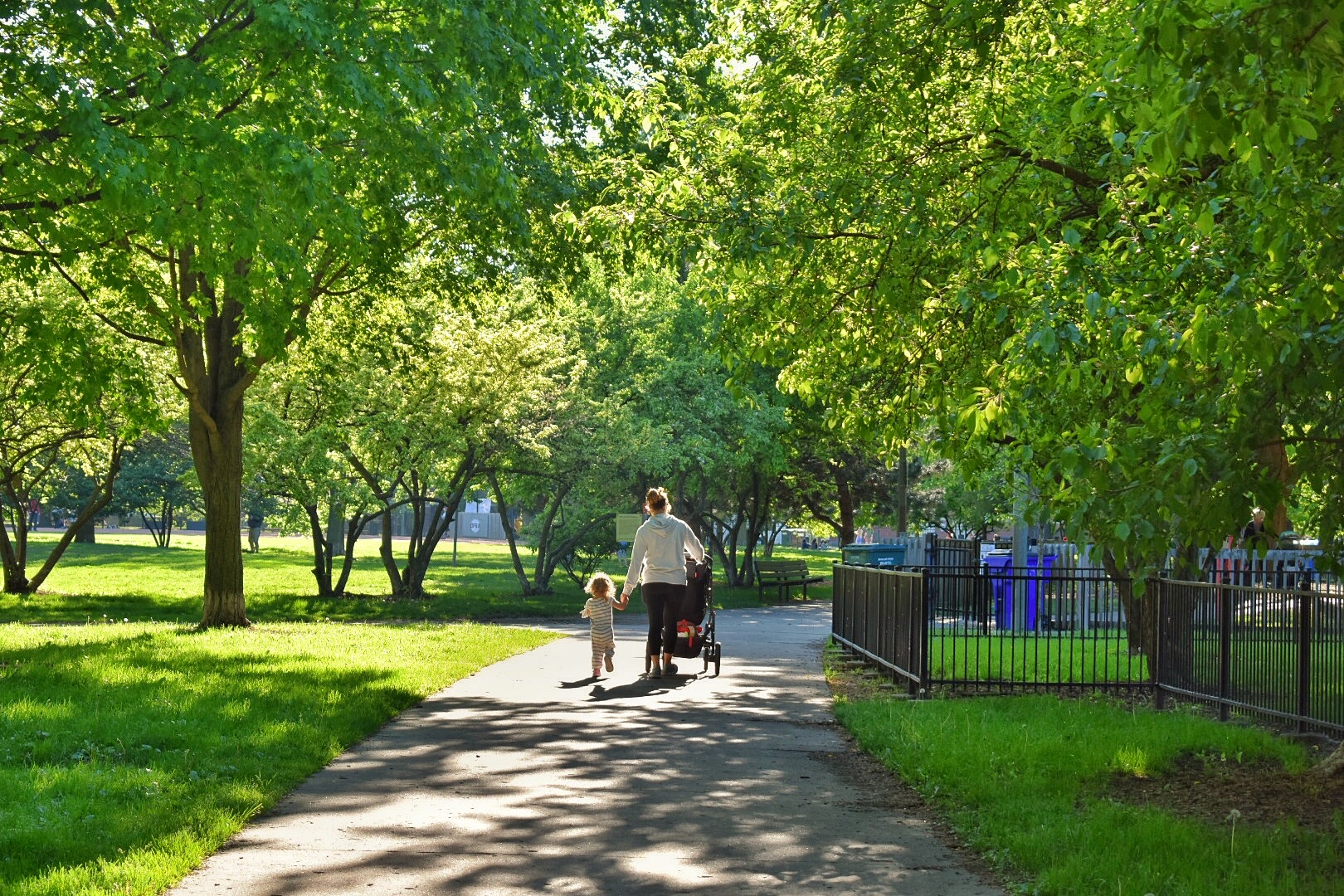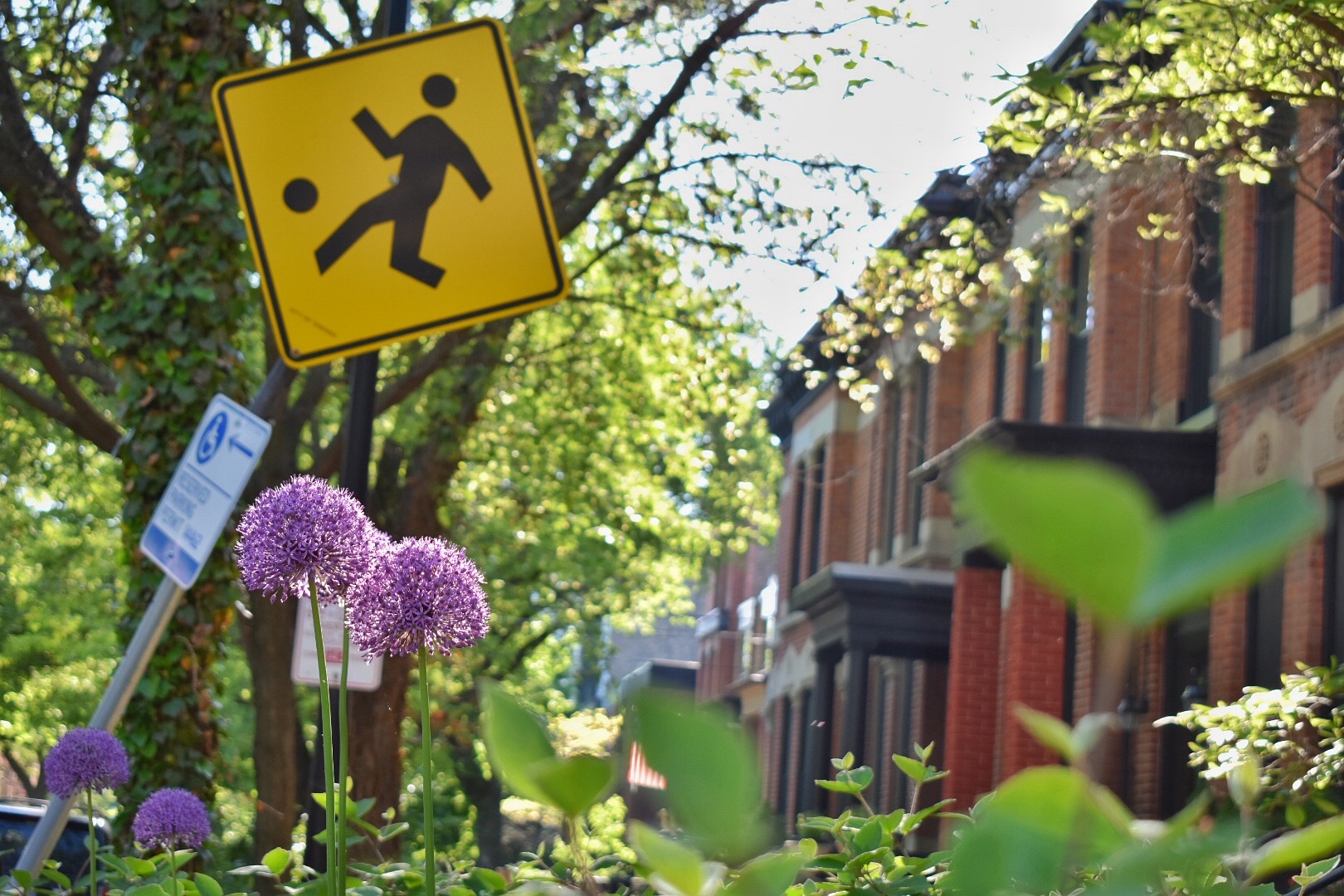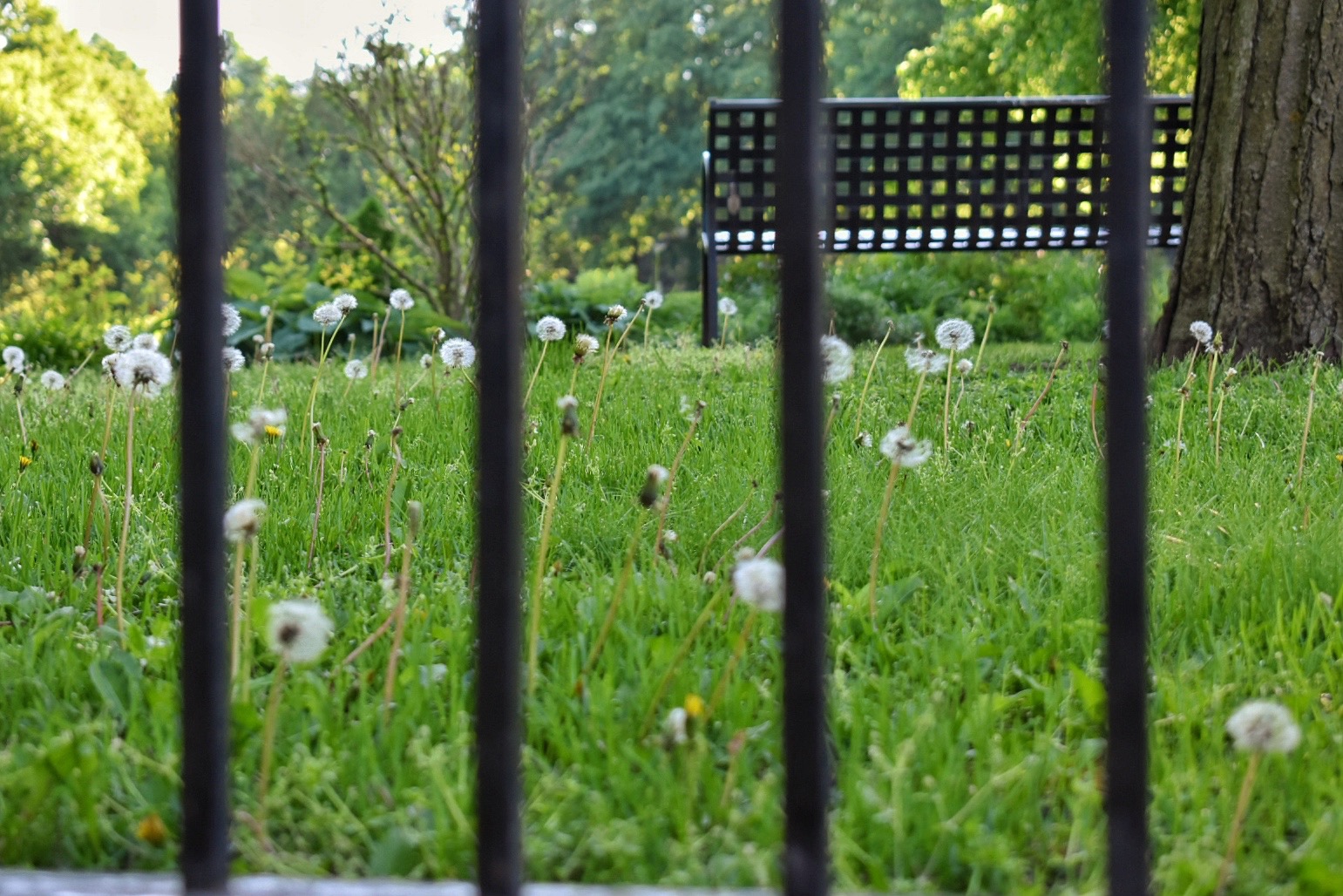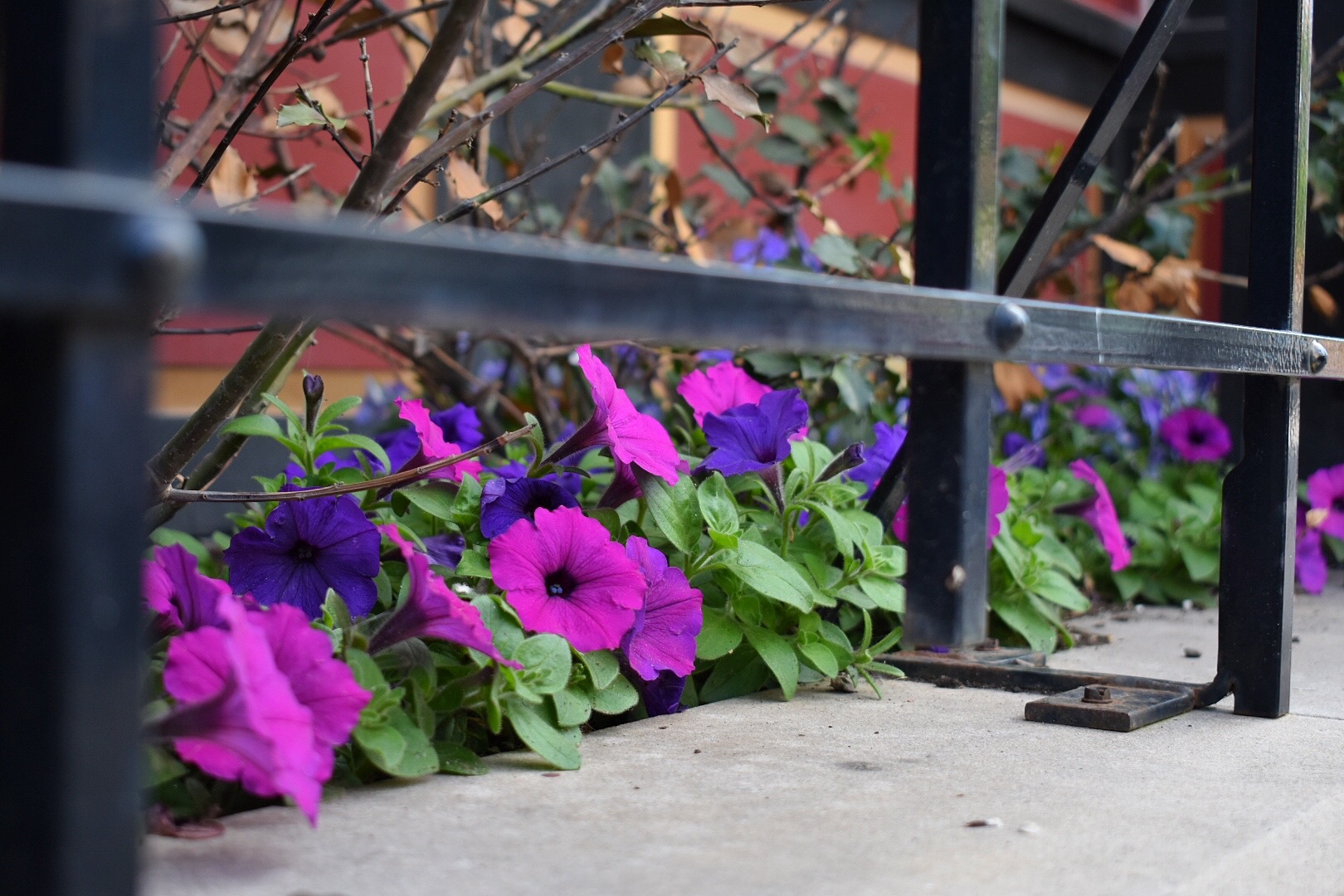Chicago’s Urban Ecology and the Threats it Faces
Upon its establishment in 1833, Chicago’s official motto became “Urbs in Horto,” a Latin phrase meaning “City in a Garden.” Despite the city’s initial ignorance of its environmental effects on the Great Lakes ecosystem, Chicago has emerged as one of America’s most environmentally forward-thinking cities in the 21st century. Its commitment is shown most notably in the preservation of the Lake Michigan shoreline, which remains a public common, and its long history of green infrastructure investment. However, with recent studies predicting significant changes to Chicago’s climate and consequently its urban environment, the city may be subject to extensive ecological degradation.
Urban ecology is a growing field dedicated to studying the interconnections of living organisms within city environments. A city doesn’t necessarily connote environment or nature, but Dr. Katherine Moore Powell, a climate change ecologist for the Field Museum, has spent her career researching the ecology of cityscapes.
“Chicago nature has a lot more complexity... it shares a connection to the prairies in terms of plant life, because these natural areas really don’t know boundaries,” Moore Powell said.
This interconnectivity blurs the line between what is seen as “nature” and “not nature,” making green spaces in Chicago even more important in preserving the integrity of the rural areas and forest preserves nearby. Moore Powell describes several functions of urban ecology that expand beyond aesthetic purposes, including shelter for migratory animals and management of urban flooding.
Specific studies on Chicago’s natural processes are limited in number. However, Northwestern’s Dr. Paul CaraDonna, a community ecologist who runs the CaraDonna Labs within the Chicago Botanic Garden, has recently begun a study concerning how bee populations in Chicago differ from bees in non-urban environments.
“We’ve been looking across an urbanization gradient from Wicker Park all the way up to the botanic garden…we want to understand if there are particular traits of some of the bees that we don’t exactly know right now, but that’s allowing them to exist in a harsher urban environment,” CaraDonna said.
His study exemplifies the unseen complexity of urban environments and thus the importance of studying them to understand society’s impact on organisms native to the area.
Urban green spaces serve not only to maintain the ecological integrity of the Chicagoland area but also to strengthen community bonds and public health, a vital aspect often overlooked. This concept is supported by individuals like Dr. Jacob Campbell, an environmental social scientist. He works with Chicago community organization Roots and Routes, which seeks to reconnect low-income or marginalized communities, who have historically less access to green spaces, to their local environments.
Campbell explains how the organization “supports volunteer participation in the actual restoration process itself through planting trees and adding habitat for the migratory birds and insects that use the lakefront, helping the residents really put roots in the ground in that space and help identify with the area.”
From his work in the city, Campbell has come to understand the immense benefits of human connection to nature, from health benefits such as “stress reduction, recreation and peace of mind” to future advantages of educating Chicago’s youth “in ways that help them advocate for it later in life... and understand climate change, how it affects them and how being civically engaged is a way of contributing to a solution.”
The recognition and protection of essential urban ecosystems such as Chicago is more pressing than ever, given predictions of how climate change can affect the area. As outlined in a recent study posted by the Environmental Law and Policy Center located in Chicago, commissioned scientists predicted decreased crop yields, decreased air quality, greater heat waves, more lake-effect snowstorms and a decrease in water quality due to outdated and overwhelmed sewage systems as probable effects of climate change.
The report concluded with a somber warning: “We should not and cannot take the vast natural resources of the Great Lakes for granted... Scientific analyses clearly show that climate change has already greatly affected the region and that these impacts will continue and expand as the pace of climate change accelerates.”
The City of Chicago is not idle about these future threats; it would be hard to be when climate scientists like Moore Powell are forewarning that “a slow, incremental approach isn’t going to be enough, because big changes are coming quickly.” In late 2017, the city created the Chicago Climate Charter, a direct response to the Trump administration’s secession from the Paris Climate Accord. The charter compiled 70 signatures from various cities across America who vowed to follow the guidelines set by the Paris Accord, which includes reducing greenhouse gas emissions, considering climate risks and emergencies in infrastructure choices and engaging the community in climate action.
Considering this data, it’s clear to see the importance and validity of an urban environment through its interactions with natural ecosystems. Chicago is at the forefront of innovation in protecting and promoting biodiversity and natural health while mitigating and adapting to the effects of climate change – a feat that will in no sense be easy, given the uncertainty of our circumstances. This uncertainty could look bleak, even dire, with the worst-case scenarios that several scientists have published.
Dr. Campbell offers cautionary hope: “Our team’s personal approach is to in some way build from the strengths and the assets that exist in the city right now, and try to find different ways to elevate those to create the future that I think we’re all trying to shape for our city. I would say there’s an equal measure of cause for concern and cause for hope, and I think what we’re trying to do is to be clear-eyed about those concerns as the data continues to gather.”
Editor’s note: This article was edited on June 10, 2019 to correct Dr. Katherine Moore Powell’s name and on June 11, 2019 to correct information about Roots and Routes.

